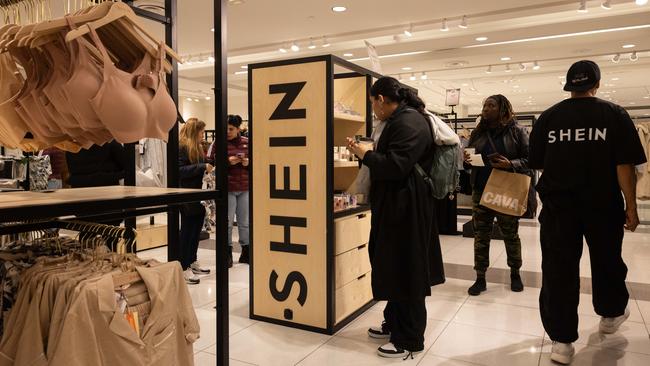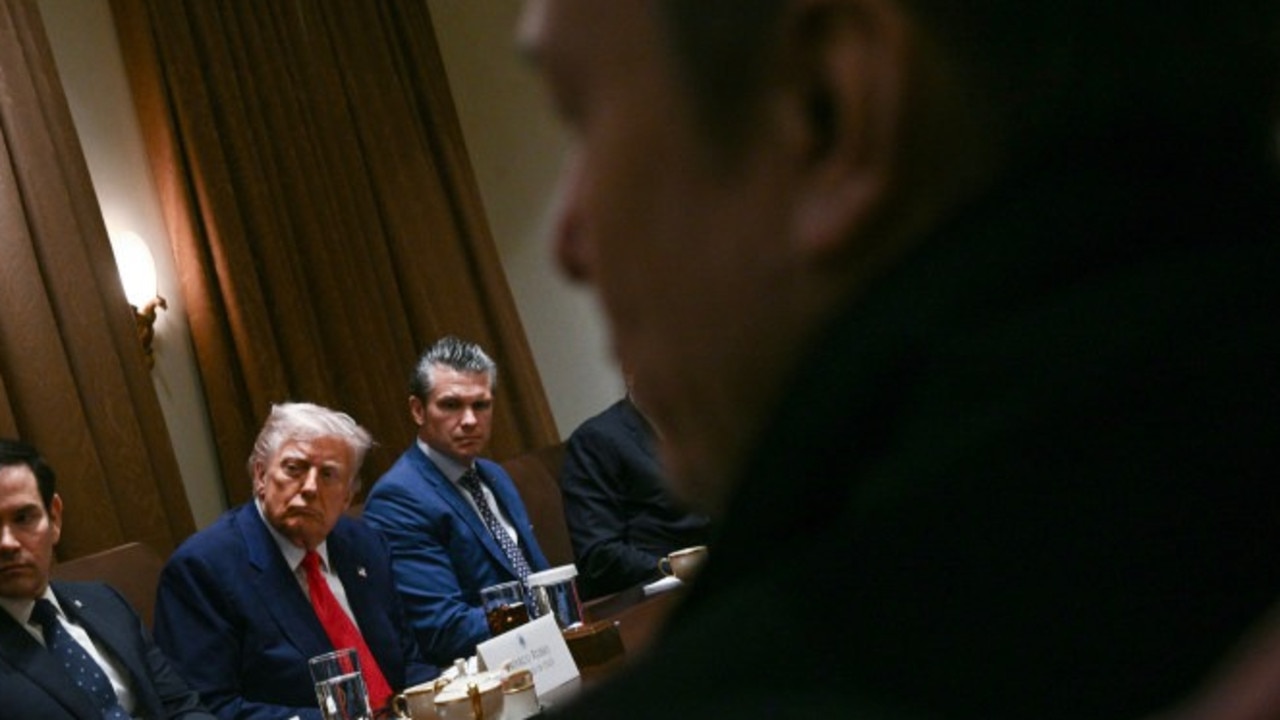Shein’s bargain formula crumbles in face of Trump tariffs
The meteoric popularity among American shoppers of China-founded app Shein was greatly helped by duty-free shipping of its ultracheap fashion.

The meteoric popularity among American shoppers of China-founded app Shein was greatly helped by duty-free shipping of its ultracheap fashion. After President Donald Trump closed that option for Chinese goods, its clothes will now bear the full impact of his new tariffs.
The US tariffs imposed on Wednesday and China’s retaliation throw a wet blanket over all goods trade between the two countries. For Shein, the additional impact of Mr Trump’s move to end the so-called de minimus exemption for China means a double hit and perhaps the most pivotal challenge for the fashion giant, whose links to China have long landed it at the centre of US-China tensions.
The fashion giant had already shifted its plans for an initial public offering from New York to London, where it had hoped to list by June. But Mr Trump’s new tariffs on China and elimination of duty-free exemption for China on goods valued at $US800 ($1280) or less makes its prospects of going public at all increasingly dim.
The nimble supply chain that Shein prides itself on now faces enormous pressure to keep costs low. “Shein will probably have to reinvent the wheel,” said Vinci Zhang, an analyst at research and analytics firm M Science. “It’s almost certain they will raise the price, otherwise they won’t survive.”
Because Mr Trump only ended the de minimus option for China, Shein could still ship wares to the US tariff-free from other countries. Shein had encouraged some suppliers to move their factories to Vietnam, but Mr Trump’s announcement last week of 46 per cent tariffs on goods from Vietnam has undermined such efforts. On Wednesday, Mr Trump authorised a 90-day delay on most tariffs while increasing tariffs on China.
Cathy Lin, who runs a Guangzhou-based contract manufacturer that supplies Shein and its Chinese rival Temu, has put on hold her plan to set up a factory in Vietnam. “Moving there might not be a once-and-for-all solution,” she said.
Mr Trump first tried to end the duty-free exemption for China in February, but had to delay the crackdown to let the Commerce Department set up a system to process inspections and levies on the shipments. Shein, now based in Singapore, has argued that the de minimus exemption isn’t critical to its success. Nevertheless, during the two-month reprieve, Shein has scrambled to prepare.
Shein, whose clothing on average costs 20 to 35 per cent less than fast-fashion rivals such as Zara and H&M, has raised prices on some items in the past two months. Eight sellers on Shein and Temu, which also increased some prices, said orders from the US had fallen by 20 per cent to 50 per cent in March compared with January.
After Mr Trump’s latest tariff announcement, Brian Luo, who runs a US delivery company that helps companies such as Shein and Temu, said the delivery orders he received for Monday plunged to 1600 from a daily average of 4000. “Once the tariffs are added, people might shift back to Amazon, especially because their delivery speed is faster,” he said.
Under the new US tariffs, apparel imported from China could face total levies close to 150 per cent, according to Sheng Lu, professor of fashion and apparel studies at the University of Delaware.
Shein has no customers in China, though it subcontracts with thousands of factories there to power its enormous selection of cheap apparel and respond to fleeting consumer tastes.



To join the conversation, please log in. Don't have an account? Register
Join the conversation, you are commenting as Logout